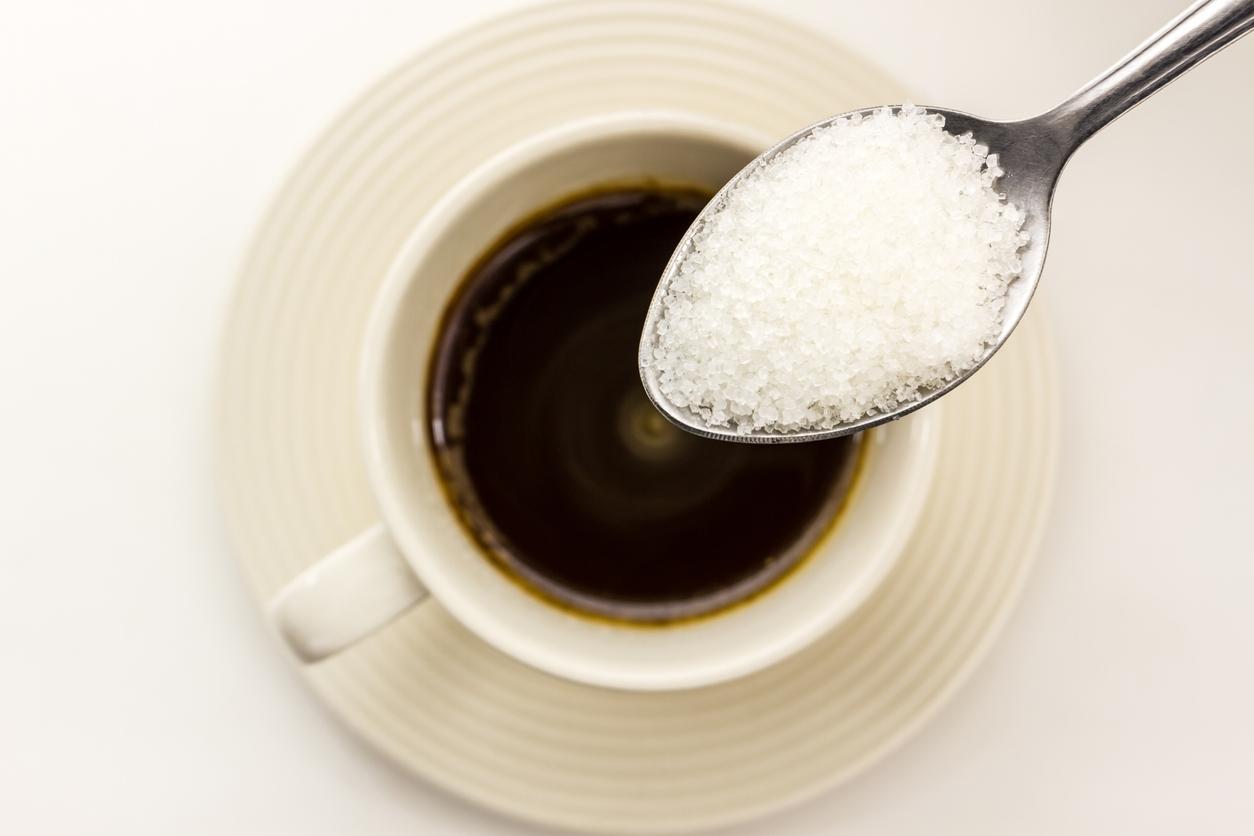Reducing the sugar content of processed foods by 20% and that of beverages by 40% would prevent millions of cases of cardiovascular disease, diabetes and death in the United States.

- In the United States alone, reducing sugar content in foods and beverages would prevent 2.48 million cases of cardiovascular disease, 490,000 cardiovascular deaths and 750,000 cases of diabetes.
- The measure would also save $4.28 billion in total net health care costs.
Multiple studies have demonstrated the health risks of eating too much sugar. Consuming sugary foods and drinks is strongly linked to obesity, metabolic diseases like type 2 diabetes and cardiovascular disease. Yet the processed foods we buy continue to be way too sweet. Biscuits, prepared meals, cereals, sauces, yoghurts, drinks… Nearly three-quarters of the products we consume contain added sugars.
However, reducing the sugar content of these industrial foods could prevent the occurrence of millions of diseases. This is shown by a study published in the American journal Traffic. According to its authors, reducing the sugar content of food by 20% and that of beverages by 40% would prevent millions of illnesses and deaths in the United States over the lifetime of the adult population.
Fewer illnesses…and health care savings
To achieve this result, the researchers created a computer model to simulate and quantify the health, economic and equity effects of a pragmatic sugar reduction policy proposed by the US National Salt and Sugar Reduction initiative. Initiative (NSSRI). It was found that a global reduction in the sugar content of foods and drinks would prevent 2.48 million cases of cardiovascular disease (strokes, heart attacks, cardiac arrests), 490,000 cardiovascular deaths and 750,000 cases of diabetes in the United States alone.
According to this model, and ten years after the NSSRI policy took effect, the United States could expect to save $4.28 billion in total net health care costs, and $118.04 billion in dollars over the lifetime of the current adult population (aged 35-79). Added to this are the societal costs of lost productivity as Americans develop illnesses from excessive sugar consumption.
A more effective measure than a sugar tax
This reduction in the sugar content of industrial foods could even, according to the authors, reduce the disparities, “with the largest health gains estimated among black and Hispanic adults, as well as low-income and less-educated Americans”. However, these are the populations that consume the most sugar.
According to Siyi Shangguan, lead author and attending physician at Massachusetts General Hospital, “reducing the sugar content of commercially prepared foods and beverages will have a greater impact on the health of Americans than other initiatives to reduce sugar, such as imposing a tax on sugar, labeling of added sugar content or banning sugary drinks in schools”.
“Sugar is one of the most obvious food additives to reduce to reasonable amounts, adds Dr. Dariush Mozaffarian, co-lead author and dean of the Friedman School of Nutrition Science and Policy at Tufts University. Our results suggest that it is time to implement a national program with voluntary sugar reduction targets that can generate major improvements in health, health disparities and health expenditures in less than a decade. “
.

















